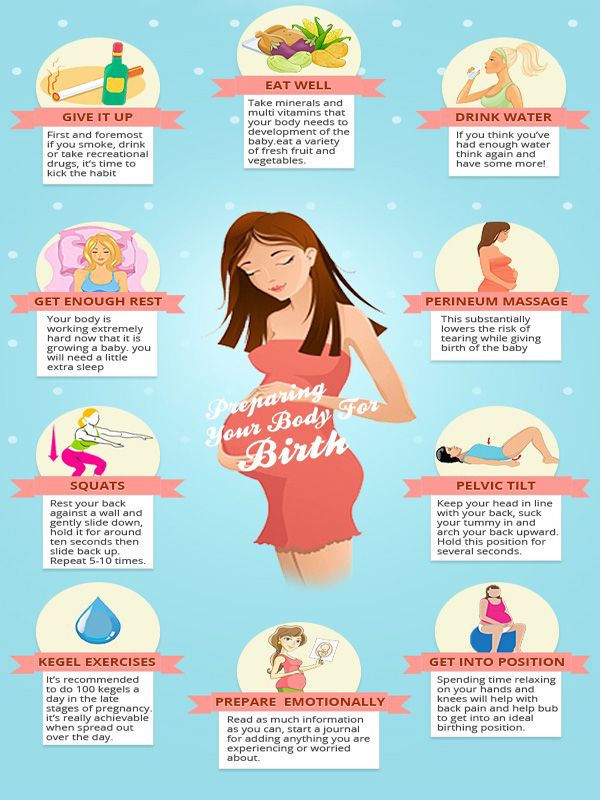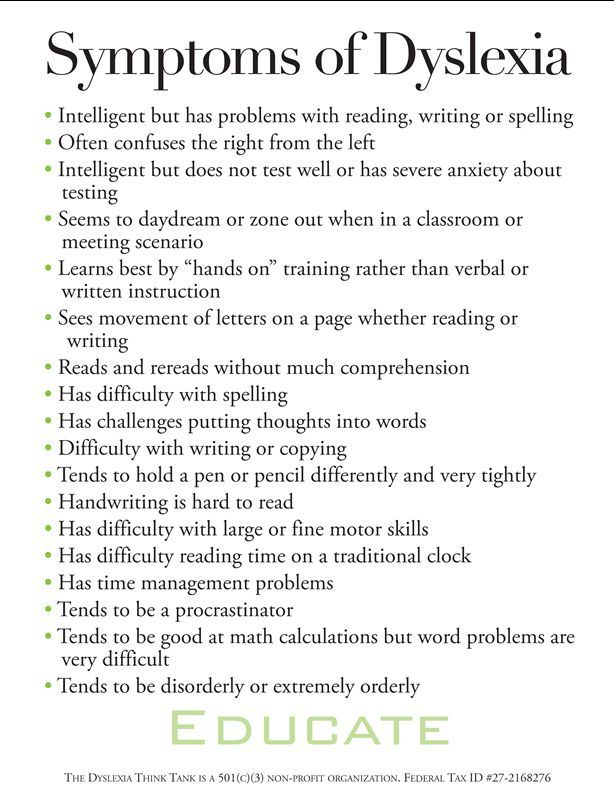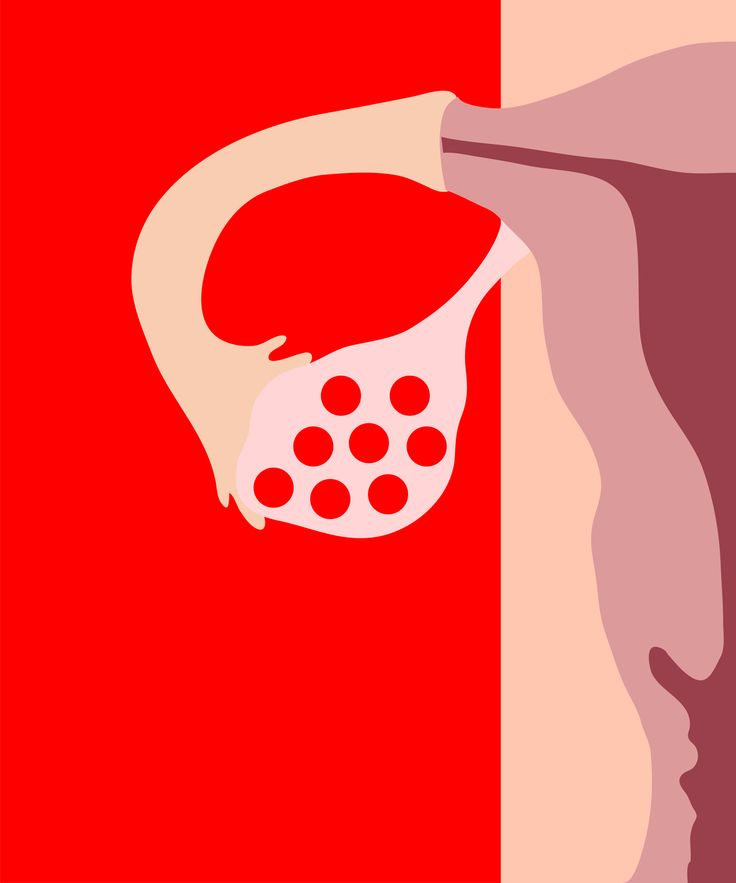Pregnancy and emotional
Emotions during pregnancy | Pregnancy articles & support
Your emotions might not necessarily only revolve around excitement when you’re pregnant. Find out why this happens and how to manage emotions in pregnancy.
Hormonal changes in pregnancy along with your own personal circumstances can lead to strong emotions and moods (Bjelica et al, 2018). While partners don’t experience hormonal changes they can have strong emotions to deal with during pregnancy too (Finnbogadóttir et al, 2003).
Here we explain how the hormonal changes during pregnancy can affect your emotions and how you can enhance your wellbeing.
Hormonal changes in pregnancy
As soon as a woman becomes pregnant, their body begins to prepare for safeguarding and maintaining the pregnancy. This increases levels of the hormones oestrogen and progesterone in their blood. Read more about what these hormones do in your body in our article about pregnancy hormones.
Higher levels of progesterone and oestrogen are important for a healthy pregnancy, but are often the cause of some common unwanted side effects. This is especially true in the first trimester.
Apart from sickness and tiredness, it's common to have mood swings and feel tearful or easily irritated (Society for Endocrinology, 2018). Once the body has adapted to the higher levels of these hormones, the symptoms usually wear off. However, some women will experience them throughout their pregnancy.
Emotions in pregnancy
Aside from emotional ups and downs caused by rising hormone levels in the first three months, the feeling of growing a new life can be exciting and awe-inspiring. It is also common to feel anxious, vulnerable and overwhelmed by the big changes that pregnancy and a new baby will bring (Bjelica et al, 2018). This can be particularly true for parents who are pregnant after previous loss or following fertility treatment.
Even if you feel excited by the pregnancy, you may have some unsettling thoughts. Perhaps there will also be some difficult decisions to make. Many women have questions that they ask of themselves. They might doubt their ability as a mother, how their relationship might change or how they will manage financially (Öhman et al, 2003). Other normal worries include:
They might doubt their ability as a mother, how their relationship might change or how they will manage financially (Öhman et al, 2003). Other normal worries include:
- What if I do something accidentally to harm the baby, like eating or drinking something I shouldn’t?
- Should I stop having sex while pregnant?
- What will the birth be like?
- Will my life go back to normal afterwards, for example can I return to work?
Partners also experience similar concerns during pregnancy (Finnbogadóttir et al, 2003).
Coping with emotions during pregnancy
It can be hard to think clearly or feel positive when you are feeling worried and tired. Taking good physical care of yourself, especially getting plenty of rest and sleep, may help to keep troubling emotions in proportion (MIND, 2020).
It can be helpful to eat several small, healthy meals a day and try to avoid sugary foods and fizzy drinks (MIND, 2017; NHS, 2020a).
Gentle to moderate exercise can help to improve mood and general fitness in pregnancy, helping you prepare for labour and avoid some complications of pregnancy (Prather et al, 2012; ACOG, 2020). Try to build in some activity every day. Avoid contact sports or any strenuous exercise, particularly if you weren’t active before your pregnancy (NHS, 2020b).
Try to build in some activity every day. Avoid contact sports or any strenuous exercise, particularly if you weren’t active before your pregnancy (NHS, 2020b).
Finding out about benefit entitlements, midwife appointments, how you can eat healthily in pregnancy and what you might prepare for your baby can feel overwhelming. So having a to-do list can help you get these things organised in your mind. This NHS to-do list contains lots of useful information. Maybe share your to-do list with your partner or a supportive friend or relative; they might be able to offer you support in ticking some items off that list.
Talk it out
Bottling up concerns could increase your anxiety. Discussing your feelings and worries with someone who makes you feel comfortable can help you regulate your emotions and limit worry and anxiety (Torre and Lieberman, 2018).
Talking to other expectant parents may also reveal that you are not alone in your experiences, as well as providing peer support (McLeish and Redshaw, 2017). Joining an NCT antenatal course, a pregnancy yoga class, or a ‘bumps and babies’ group can give you an instant support network. You can find out here what local NCT activities are happening in your area.
Joining an NCT antenatal course, a pregnancy yoga class, or a ‘bumps and babies’ group can give you an instant support network. You can find out here what local NCT activities are happening in your area.
Live in the moment
It may help to give yourself a rest, focus on your unborn baby and take time to enjoy the pregnancy. Or it might help to spend some time thinking about and doing things that aren’t related to the pregnancy. Maybe that includes indulging in your favourite hobby, catching up with friends or watching the new box office hit at the cinema.
Practising mindfulness techniques can be another useful way of managing big or changeable emotions (MIND, 2020). Using mindfulness could help you stay in the present moment, and provide you with other skills to help you deal with stressful situations and anxieties in pregnancy (Dunn et al, 2012; Matvienko-Sikar et al, 2016).
Calming techniques
Some people find listening to music and singing helpful in calming emotions and enhancing wellbeing in pregnancy (Chang et al, 2008; Wulff et al, 2021). Writing about your emotions and noting down how you feel about stressful events can also be a good tool for managing stress and anxiety (Ullrich and Lutgendorf, 2002).
Writing about your emotions and noting down how you feel about stressful events can also be a good tool for managing stress and anxiety (Ullrich and Lutgendorf, 2002).
Research shows that for some pregnant women, massage can be good for reducing anxiety and boosting mood (Field et al, 1999; Field et al, 2004). Also, attending antenatal yoga classes has been shown to reduce stress and anxiety, and support you in preparing for birth (Kwon, 2020). Check that your massage therapist or yoga instructor is trained in working with pregnant women to ensure that your treatment is safe and effective.
When you might need more support with your emotions
It is important to recognise that there is a difference between regular pregnancy emotions and a mental health issue. Pregnancy can be a time when parents experience mental health issues for the first time (NHS, 2021).
Around one in eight women experience depression or anxiety when they’re pregnant (NICE, 2014). And around one in ten dads experience antenatal depression (Paulson and Bazemore, 2010).
Find out more here about the range of mental health symptoms that can occur and how to get support.
This page was last reviewed in March 2022.
Further information
Our support line offers practical and emotional support with feeding your baby: 0300 330 0700.
We also offer antenatal courses which are a great way to find out more about birth, labour and life with a new baby.
Best Beginnings have a range of videos on emotions in pregnancy and after birth for mums and dads.
Healthtalk has videos of women talking about their experiences of early pregnancy:
Symptoms and feelings in early weeks
Emotions during pregnancy
References
ACOG. (2020) Physical activity and exercise during pregnancy and the postpartum period. ACOG Committee Opinion No. 804. Obstet Gynecol.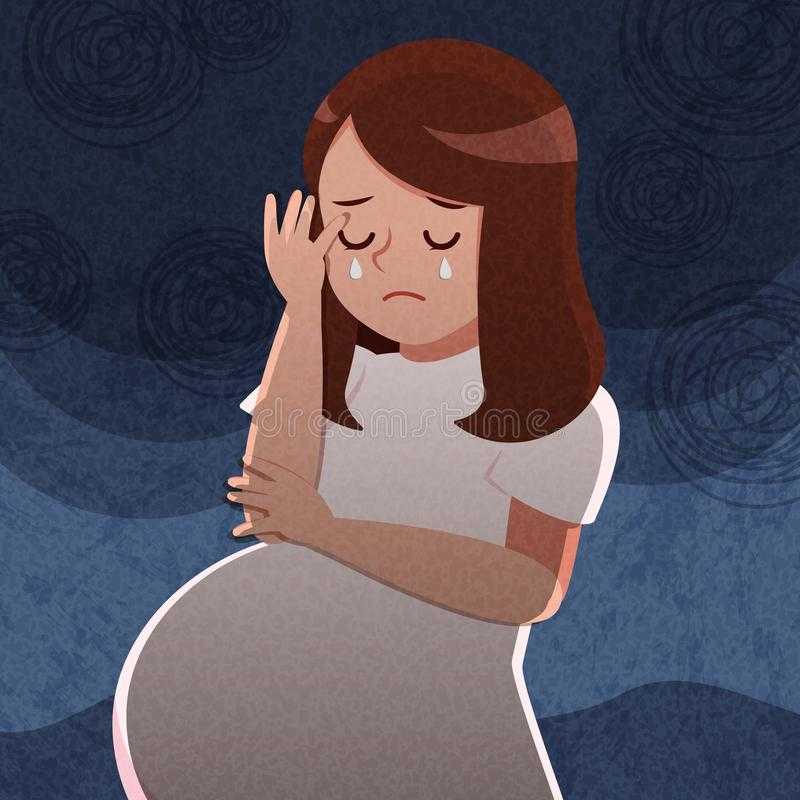 2020;135:e178-88. Available at: https://www.acog.org/clinical/clinical-guidance/committee-opinion/artic… [Accessed 8th March 2022]
2020;135:e178-88. Available at: https://www.acog.org/clinical/clinical-guidance/committee-opinion/artic… [Accessed 8th March 2022]
Bjelica A, Cetkovic N, Trninic-Pjevic A, Mladenovic-Segedi L. (2018) The phenomenon of pregnancy—a psychological view. Ginekologia Polska. 89(2):102-106. Available at: https://doi.org/10.5603/GP.a2018.0017
Chang MY. Chen CH. Huang KF. (2008) Effects of music therapy on psychological health of women during pregnancy. J Clin Nurs. 17(19):2580-2587. Available at: https://doi.org/10.1111/j.1365-2702.2007.02064.x
Dunn C, Hanieh E, Roberts R, Powrie R. (2012) Mindful pregnancy and childbirth: effects of mindfulness-based intervention on women’s psychological distress in the perinatal period. Arch Women Ment Health. 15(2):139-143. Available at: https://doi.org/10.1007/s00737-012-0264-4
Field T, Hemandez-Reif M, Hart S, Theakston H, Schanberg S, Kuhn C. (1999) Pregnant women benefit from massage therapy. J Psychosom Obstet Gynaecol. 20(1):31-38. Available at: https://doi.org/10.3109/01674829909075574
Available at: https://doi.org/10.3109/01674829909075574
Field T, Diego MA, Hernandez-Reif M, Schanberg S, Kuhn C. (2004) Massage therapy effects on depressed pregnant women. J Psychosom Obstet Gynaecol. 25(2):115-122. Available at: https://doi.org/10.1080/01674820412331282231
Finnbogadóttir H, Svalenius EC, Persson EK. (2003) Expectant first-time fathers’ experiences of pregnancy. Midwifery. 19(2):96-105. Available at: https://doi.org/10.1016/S0266-6138(03)00003-2
Kwon R, Kasper K, London S, Haas DM. (2020) A systematic review: the effects of yoga on pregnancy. Eur J Obstet Gynecol Reprod Biol. 250:171-177. Available at: https://doi.org/10.1016/j.ejogrb.2020.03.044
McLeish J, Redshaw M. (2017) Mothers’ accounts of the impact on emotional wellbeing of organised peer support in pregnancy and early parenthood: a qualitative study. BMC Pregnancy Childbirth. 17(1):1-14. Available at: https://doi.org/10.1186/s12884-017-1220-0
MIND. (2017) Food and mood. Available at: https://www. mind.org.uk/information-support/tips-for-everyday-living/fo… [Accessed 8th April 2021]
mind.org.uk/information-support/tips-for-everyday-living/fo… [Accessed 8th April 2021]
MIND. (2020) How to improve your mental wellbeing. Available at: https://www.mind.org.uk/information-support/tips-for-everyday-living/we… [Accessed 14th December 2021]
NICE. (2014) Antenatal and postnatal mental health. National Institute for Health and Care Excellence clinical management and service guidance CG192. Available at: https://www.nice.org.uk/guidance/CG192 [Accessed 8th March 2022]
NHS. (2020a) Have a healthy diet in pregnancy. Available at: https://www.nhs.uk/pregnancy/keeping-well/have-a-healthy-diet/ [Accessed 8th March 2022]
NHS. (2020b) Exercise in pregnancy. Available at: https://www.nhs.uk/pregnancy/keeping-well/exercise [Accessed 14th December 2021]
NHS. (2021) Mental health problems and pregnancy. Available at: https://www.nhs.uk/conditions/pregnancy-and-baby/mental-health-problems-pregnant/ [Accessed 8th March 2022]
Matvienko-Sikar K, Lee L, Murphy G, Murphy L.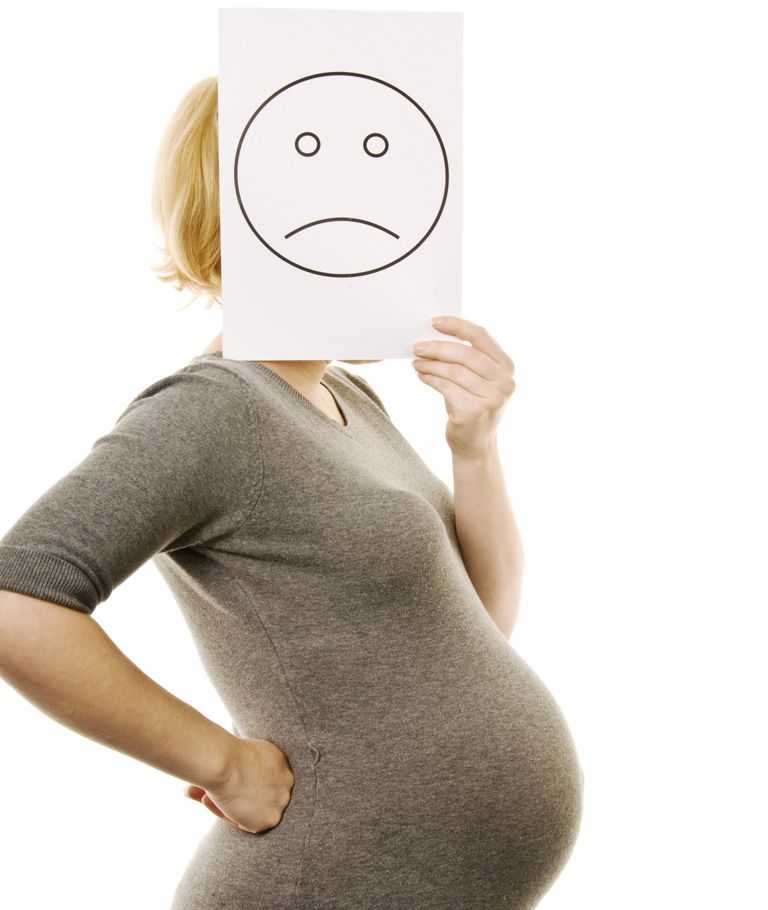 (2016) The effects of mindfulness interventions on prenatal well-being: a systematic review. Psychol Health. 31(12):1415-1434. Available at: https://doi.org/10.1080/08870446.2016.1220557
(2016) The effects of mindfulness interventions on prenatal well-being: a systematic review. Psychol Health. 31(12):1415-1434. Available at: https://doi.org/10.1080/08870446.2016.1220557
Öhman SG, Grunewald C, Waldenström U. (2003) Women'’s worries during pregnancy: testing the Cambridge Worry Scale on 200 Swedish women. Scand J Caring Sci. 17(2):148-152. Available at: https://doi.org/10.1046/j.1471-6712.2003.00095.x
Paulson JF, Bazemore SD. (2010) Prenatal and postpartum depression in fathers and its association with maternal depression: a meta-analysis. JAMA. 303(19):1961-1969. Available at: https://doi.org/10.1001/jama.2010.605
Prather H, Spitznagle T, Hunt D. (2012) Benefits of exercise during pregnancy. PM R. 4(11):845-850. Available at: https://doi.org/10.1016/j.pmrj.2012.07.012
Society for Endocrinology. (2018) Hormones of pregnancy and labour. Available at: http://www.yourhormones.info/topical-issues/hormones-of-pregnancy-and-labour/ [Accessed 8th March 2022]
Torre JB, Lieberman MD.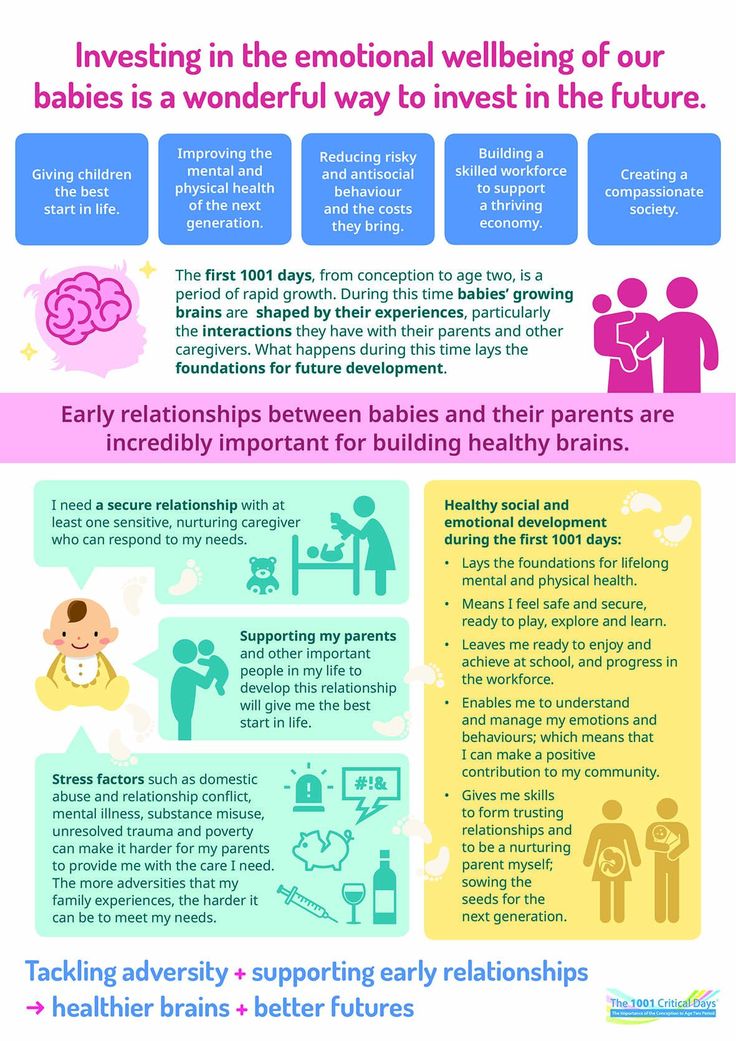 (2018) Putting feelings into words: affect labeling as implicit emotion regulation. Emot Rev. 10(2):116-124. Available at: https://doi.org/10.1177/1754073917742706
(2018) Putting feelings into words: affect labeling as implicit emotion regulation. Emot Rev. 10(2):116-124. Available at: https://doi.org/10.1177/1754073917742706
Ullrich, Philip M, Lutgendorf, Susan K. (2002) Journaling about stressful events: effects of cognitive processing and emotional expression. Ann Behav Med. 24(3):244-250. Available at: https://doi.org/10.1207/S15324796ABM2403_10
Wulff V, Hepp P, Wolf OT, Balan P, Hagenbeck C, Fehm T, Schaal NK. (2021) The effects of a music and singing intervention during pregnancy on maternal well-being and mother–infant bonding: a randomised, controlled study. Arch Gynecol Obstet. 303(1):69-83. Available at: https://doi.org/10.1007/s00404-020-05727-8
Feelings, relationships and pregnancy | Pregnancy Birth and Baby
Feelings, relationships and pregnancy | Pregnancy Birth and Baby beginning of content7-minute read
Listen
Pregnancy can mean the beginning of a new stage in a woman’s life, with all the changes that new stage can bring.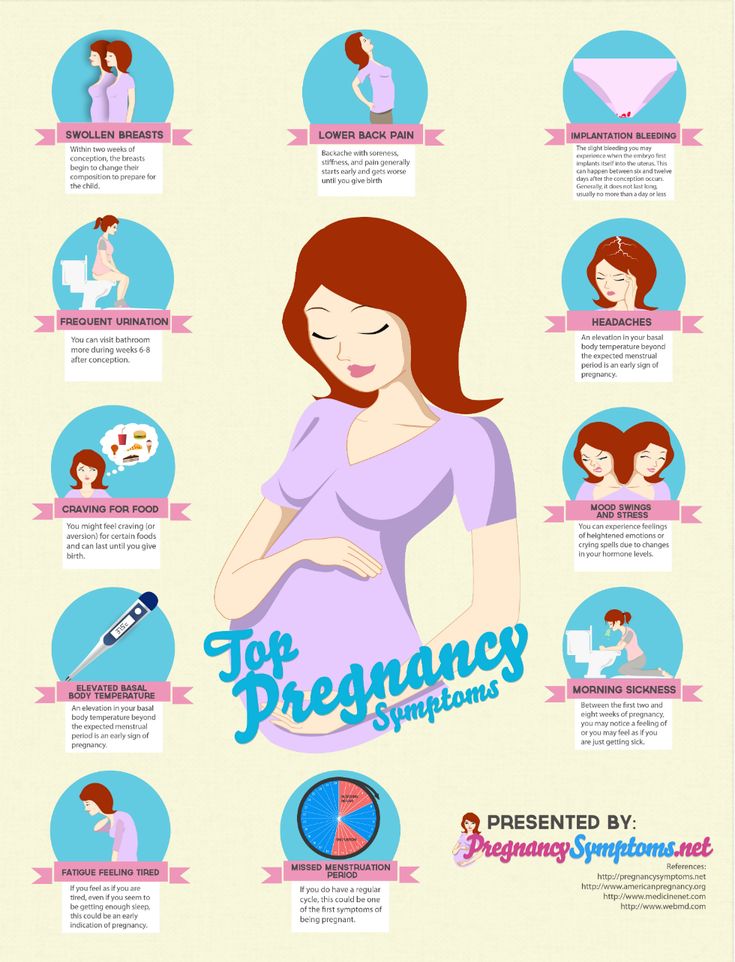 People talk about obvious ones — cravings, fatigue, nausea, body shape — but there are also situations like negotiating new working arrangements and reworking your finances that can make this a difficult time.
People talk about obvious ones — cravings, fatigue, nausea, body shape — but there are also situations like negotiating new working arrangements and reworking your finances that can make this a difficult time.
As well as physical, financial and social changes, many women experience emotional changes during pregnancy too. Mixed emotions are a normal and necessary part of preparing to become a parent.
Like unexpected physical health complications (for example, high blood pressure), mental health problems can affect any woman during pregnancy. Talking about your feelings can be the first step towards feeling better.
It's very important to look after yourself and recognise if you are finding it difficult to manage from day to day. If you have been feeling sad, down, worried or anxious for a while and this is starting to affect your life, it's time to seek help.
Preparing for being a parent
It can be helpful for both expectant mums and dads to learn about ways to help themselves and others through this time of change.
Read parenting books, talk to family members and friends about their experiences as new parents and take some time to think about who might be able to provide support if you need it. It can help to develop a network with others who are also pregnant or who have children of a similar age.
While preparation is important, it is also good to remember that you can't prepare for everything.
Your emotions during pregnancy
Pregnancy is a challenging and exciting time. It is normal for expectant mums and dads to experience ups and downs when expecting a baby. However, for some, anxiety and depression during pregnancy can affect their daily lives.
Look out for these symptoms of anxiety and depression during pregnancy:
- panic attacks (racing heart, palpitations, shortness of breath)
- persistent, generalised worry, such as fears for the health or wellbeing of the baby
- obsessive or compulsive behaviours
- abrupt mood swings
- feeling constantly sad, low or crying for no obvious reason
- being nervous, on edge or panicky
If symptoms last for more than 2 weeks, talk to your GP or midwife.
Your relationship with your partner
Pregnancy will bring about big changes to your relationship, especially if this is your first baby. Some people cope with these changes easily, while others find it harder.
It's quite common for couples to have arguments every now and then during pregnancy. It's important to realise that during pregnancy there are understandable reasons for the occasional difficulty, and good reasons for feeling closer and more loving.
These communication tips can help to nurture your relationship during pregnancy:
- Talk to each other about how you feel about being pregnant and what's to come — the positives and negatives. Try to talk in a way that explains your views rather than blames your partner.
- Talk about your hopes and dreams for your family and what rituals and traditions are important.
- Talk about your individual parenting styles. If your styles turn out to be different, you might need to work on solving problems together with negotiation and compromise.

- Be open and honest about your sexual needs.
There are also practical ways you can help to manage the impact of pregnancy on your relationship:
- Go to antenatal classes together.
- Consider getting some help with managing your money if you're worried about the cost of having a baby.
- Talk about practicalities, such as how you'll make time for yourself and time for your partner and how you'll share household tasks now and after the baby is born.
Your relationships with family and friends
Pregnancy is not only a special time for you and your partner; there may be a lot of other people around you who are interested in your pregnancy, such as your family and friends.
People can offer a great deal of help in all sorts of ways, and you'll probably be glad of their interest and support. But sometimes it can feel as if they're taking over.
Being pregnant may also put you on the receiving end of a lot of advice and perhaps criticism. There will be times when you appreciate the advice but also times when the advice is not wanted or helpful.
There will be times when you appreciate the advice but also times when the advice is not wanted or helpful.
The important thing is to decide what is right for you. After all, it is your pregnancy and your baby.
If unwanted advice is becoming a problem, explain gently that there are some decisions that only you and your partner can make, and some things that you prefer to do on your own.
Support in labour
One practical question you will need to discuss is how you will cope with labour and whether your partner will be there. Many partners want to be present at their baby's birth. It can help to find out about your birth options, including where you can give birth.
It may be that you don't have a partner during this pregnancy, and you need extra support from family or friends. You may wish to talk to your midwife about some of the services that are available.
Coping if you're alone
If you're pregnant and on your own, it's important to have people you can share your feelings with who can offer you support.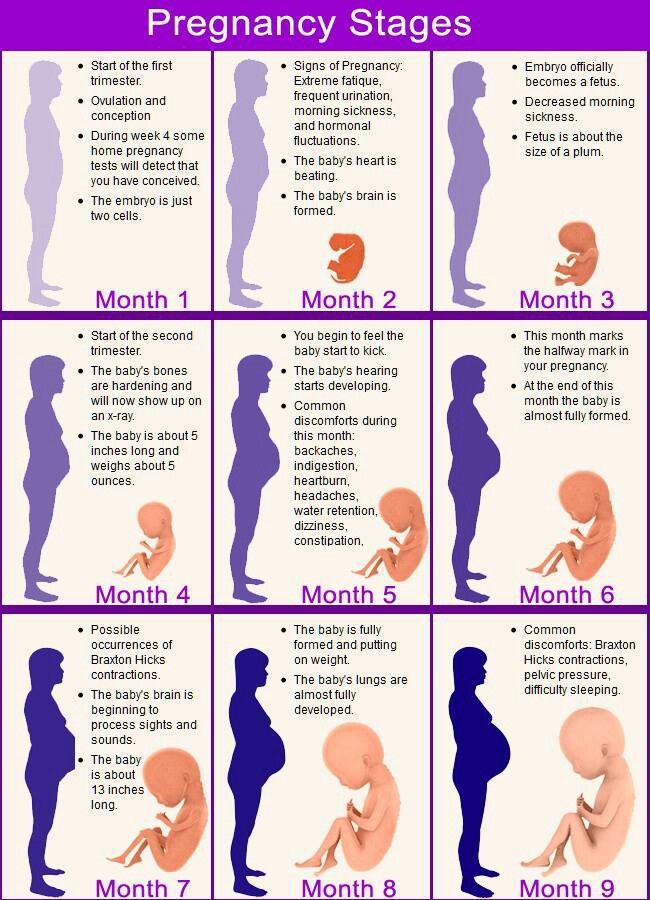 Sorting out problems, whether personal or medical, is often difficult when you're by yourself. It's better to find someone to talk to rather than let things get you down.
Sorting out problems, whether personal or medical, is often difficult when you're by yourself. It's better to find someone to talk to rather than let things get you down.
Ask someone you trust to support you at the birth
Just because you don't have a partner doesn't mean you have to go to antenatal visits by yourself and cope with labour on your own. You have the right to take whoever you like: a friend, sister or perhaps your mum.
Involve your birth partner in antenatal classes if you can, and let him or her know what you want from them. It may help to discuss your birth plan with them so that they understand your wishes for labour.
If you do not have a partner you can also ask your midwife if there are antenatal classes in your area that are run especially for single women.
Plan ahead
Think about how you'll manage after the birth. Will there be people around to help and support you? If there's nobody who can give you support, it might help to discuss your situation with someone.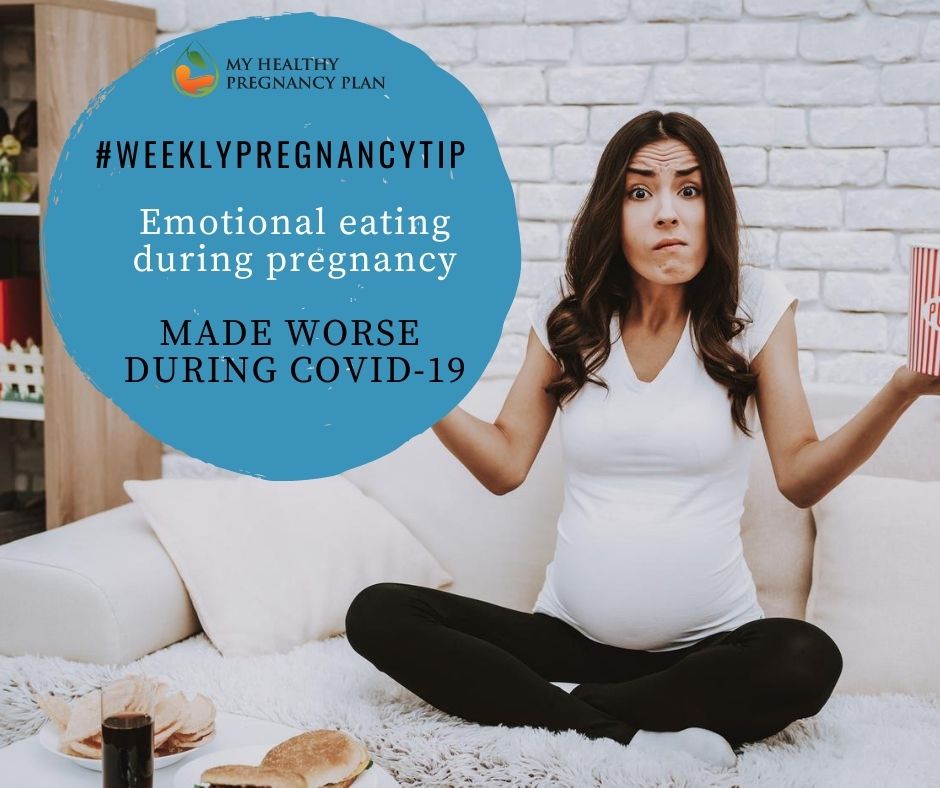
Resources and support
Beyond Blue has produced a guide for pregnant women, new mums and other carers, which you can download from its website. You can also call the Beyond Blue helpline on 1300 22 4636.
Speak to a maternal child health nurse
Call Pregnancy, Birth and Baby to speak to a maternal child health nurse on 1800 882 436 or video call. Available 7am to midnight (AET), 7 days a week.
Sources:
Jean Hailes (New parents), PANDA (Anxiety and depression in pregnancy and early parenthood), Raising Children Network (Healthy relationships and pregnancy)Learn more here about the development and quality assurance of healthdirect content.
Last reviewed: September 2021
Back To Top
Related pages
- Anxiety and pregnancy
- Mental wellbeing during pregnancy
Need more information?
Relationship breakdown and divorce
A relationship breakdown and divorce can be a distressing time for everyone involved.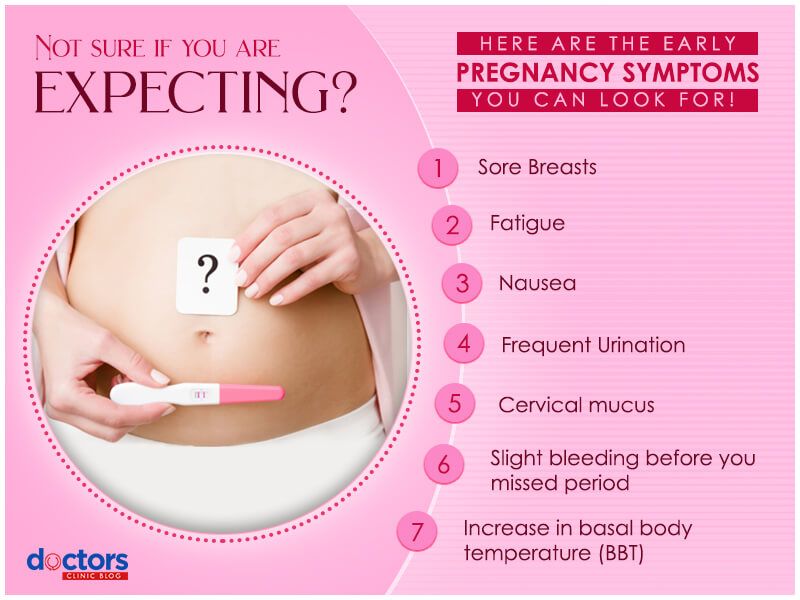 Here are some coping strategies to help you and your child through it.
Here are some coping strategies to help you and your child through it.
Read more on Pregnancy, Birth & Baby website
Healthy relationships for pregnant couples | Raising Children Network
Pregnancy is a great time to nurture healthy relationships, so that you’re prepared as a couple for parenthood. Read practical tips for pregnant couples.
Read more on raisingchildren.net.au website
Supporting your partner during her pregnancy
You can help your partner in many ways during pregnancy and childbirth. Your support will benefit her, your relationship and ultimately your baby.
Read more on Pregnancy, Birth & Baby website
Pregnancy: your essential guide | Raising Children Network
Our pregnancy guide has essential tips on antenatal care, healthy eating, exercise, morning sickness, your pregnant body, emotions, relationships and more.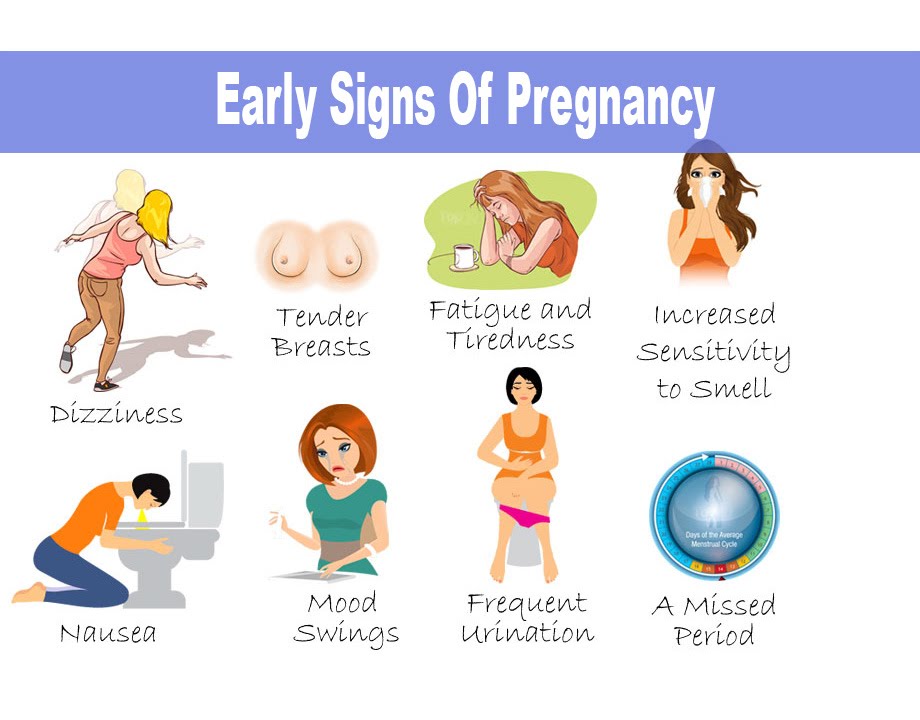
Read more on raisingchildren.net.au website
Unplanned Pregnancy | I don't want to be pregnant | Adoption | Abortion | Other pregnancy options - Sexual Health Victoria
If you are pregnant and do not want to be it is your choice what you would like to do. Unplanned pregnancy is very common and there are many support services av
Read more on Sexual Health Victoria website
Pregnancy health problems & complications | Raising Children Network
Many pregnancy health problems are mild, but always call your doctor if you’re worried about symptoms. A healthy lifestyle can help you avoid health problems.
Read more on raisingchildren.net.au website
The psychology of raising twins and multiples
Helping twins to understand the psychology of their relationship means going right back to conception.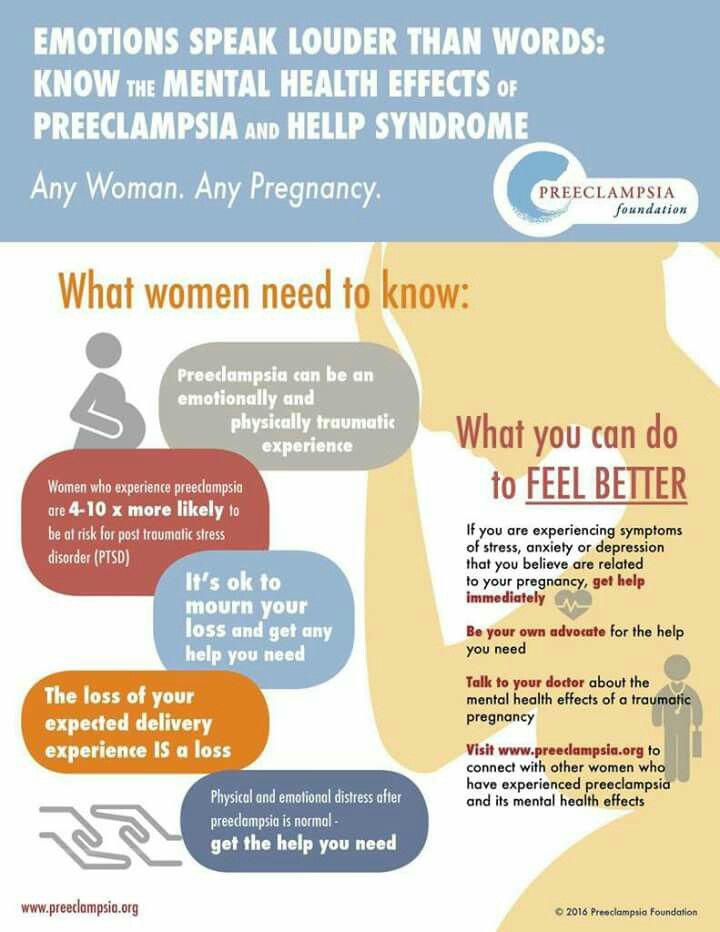 They've had to share space right from the time of conception, and that really sets the stage for sharing space right throughout life.
They've had to share space right from the time of conception, and that really sets the stage for sharing space right throughout life.
Read more on Twins Research Australia website
Preparing for pregnancy
COPE's purpose is to prevent and improve the quality of life of those living with emotional and mental health problems that occur prior to and within the perinatal period.
Read more on COPE - Centre of Perinatal Excellence website
5 weeks pregnant: Doctor appointments
Week 5 of pregnancy is the best time to have a pregnancy test. You can use a home pregnancy test but it’s still important to visit your doctor so that they can estimate your pregnancy due date. This may involve an early pregnancy ultrasound. You should also receive pregnancy health advice and discuss pregnancy folate supplements in the fifth week of pregnancy if you have not already done so. It’s also a good time to make sure you’re eating all the right pregnancy foods and start your pregnancy exercise routine.
It’s also a good time to make sure you’re eating all the right pregnancy foods and start your pregnancy exercise routine.
Read more on Parenthub website
Impacts upon your emotional health in pregnancy. - COPE
COPE's purpose is to prevent and improve the quality of life of those living with emotional and mental health problems that occur prior to and within the perinatal period.
Read more on COPE - Centre of Perinatal Excellence website
Disclaimer
Pregnancy, Birth and Baby is not responsible for the content and advertising on the external website you are now entering.
OKNeed further advice or guidance from our maternal child health nurses?
1800 882 436
Video call
- Contact us
- About us
- A-Z topics
- Symptom Checker
- Service Finder
- Linking to us
- Information partners
- Terms of use
- Privacy
Pregnancy, Birth and Baby is funded by the Australian Government and operated by Healthdirect Australia.
Pregnancy, Birth and Baby is provided on behalf of the Department of Health
Pregnancy, Birth and Baby’s information and advice are developed and managed within a rigorous clinical governance framework. This website is certified by the Health On The Net (HON) foundation, the standard for trustworthy health information.
This site is protected by reCAPTCHA and the Google Privacy Policy and Terms of Service apply.
This information is for your general information and use only and is not intended to be used as medical advice and should not be used to diagnose, treat, cure or prevent any medical condition, nor should it be used for therapeutic purposes.
The information is not a substitute for independent professional advice and should not be used as an alternative to professional health care. If you have a particular medical problem, please consult a healthcare professional.
Except as permitted under the Copyright Act 1968, this publication or any part of it may not be reproduced, altered, adapted, stored and/or distributed in any form or by any means without the prior written permission of Healthdirect Australia.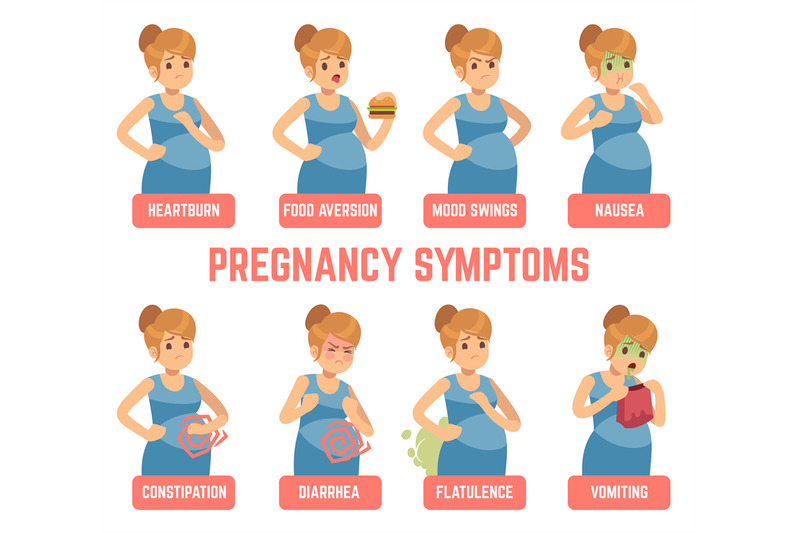
Support this browser is being discontinued for Pregnancy, Birth and Baby
Support for this browser is being discontinued for this site
- Internet Explorer 11 and lower
We currently support Microsoft Edge, Chrome, Firefox and Safari. For more information, please visit the links below:
- Chrome by Google
- Firefox by Mozilla
- Microsoft Edge
- Safari by Apple
You are welcome to continue browsing this site with this browser. Some features, tools or interaction may not work correctly.
Pregnancy and emotions | Nutriclub
The joy of the impending appearance of a new person and the energy that is in full swing during pregnancy can be replaced by fears, insecurity, sadness and anxiety for the future. Sometimes these changes happen at breakneck speed. Nutriclub will try to understand how the emotional state changes during pregnancy and what it is connected with.
How the emotional state changes depending on the trimester
- First trimester
In the first trimester, the level of the hormone progesterone increases significantly, which is responsible for attaching a fertilized egg to the uterine wall, preparing the body for pregnancy and childbirth, and for the state of the woman's nervous system. Due to the rise in progesterone levels during this time, you may tire more quickly than usual. A constant desire to go to bed can also become your companion during this period. Don't fight biology, lie down and rest whenever you can. nine0003
In the first trimester, you may experience excitement, anxiety, excitement and exhaustion (sometimes all at the same time!). Even if you are very excited about the upcoming changes in your life, your new state can cause stress. Another common companion of this period of pregnancy is sudden mood swings. Know that what you are experiencing is normal and due to a hormonal rush. But if mood swings cause you significant discomfort, be sure to discuss them with your doctor. nine0003
But if mood swings cause you significant discomfort, be sure to discuss them with your doctor. nine0003
- Second trimester
Many consider this time to be the most pleasant during pregnancy: toxicosis is already receding, it is not difficult to carry the stomach yet, and the baby inside begins to move noticeably (and this still looks like dancing butterflies in the stomach). Often in the second trimester there is a surge of energy. The emotional state at this time is usually the most stable: this is a great time to choose a maternity hospital, furnish a nursery and look for courses for future parents.
- Third trimester
The day of childbirth is approaching, and with it the fear of childbirth may become more acute (especially if you are expecting your first child). You may be tormented by questions such as: “How much does it hurt?”, “How long will this last?”, “How will I deal with this?”. Courses for pregnant women will help to dampen this kind of anxiety, where they will tell you in detail about all the stages of childbirth and prepare you for various possible scenarios. When possible, experts recommend communicating with women who are happy with their birth experience and keeping a diary of their emotions. Planning ahead can also help deal with fears: for example, if you are going to breastfeed, you may need suitable underwear and clothes for this. And, of course, it doesn't hurt to talk to women in your community who have had successful lactation experiences. nine0003
When possible, experts recommend communicating with women who are happy with their birth experience and keeping a diary of their emotions. Planning ahead can also help deal with fears: for example, if you are going to breastfeed, you may need suitable underwear and clothes for this. And, of course, it doesn't hurt to talk to women in your community who have had successful lactation experiences. nine0003
Fears during pregnancy: what they are and what to do about them
You may be worried about your health or the health of your child: pregnancy is not a disease, but it can have complications. Therefore, it is important to eat right, do not forget about physical activity and be in touch with your doctor in order to receive answers to emerging questions in a timely manner.
Another common fear is related to the financial situation or the housing problem. To minimize expenses, you can take care of buying used things in advance (or arrange with friends who will give you things for the baby for free - children grow up very quickly and do not have time to take down a bunch of clothes). nine0003
nine0003
The fear of childbirth, which we have already mentioned above, occurs in most women, even if they are not giving birth for the first time. It helps a lot to cope with the fact that millions of women have already gone through this, some more than once - which means you can too.
Some women worry about their careers and see having children as a threat to their professional growth. Yes, maternity leave can really become a career brake - but it's up to you to plan everything so that your work hardly suffers. At the same time, many women, having given birth to a child, understand that a career is not so important now and make a choice in favor of spending his infancy with the baby. You can choose any option that suits you. nine0003
Pregnancy depression
It is absolutely normal to feel sad, longing, worrying and worrying about the future during pregnancy. But it is important to distinguish these conditions from a dangerous disease: pregnancy depression. The statistics* are as follows: from 14 to 23% of women experience depression during pregnancy.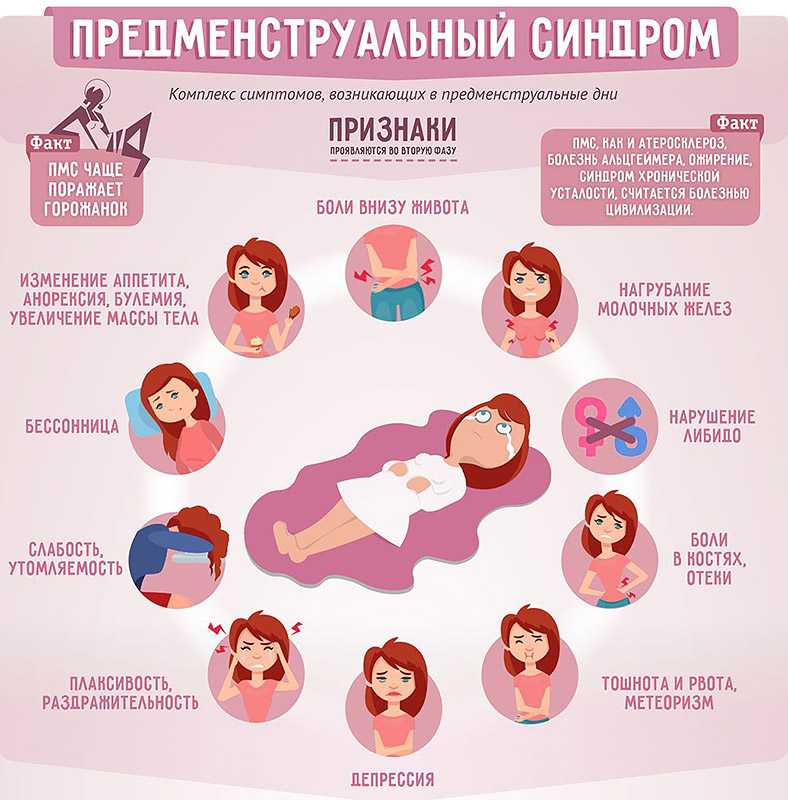
How can you tell the usual mood swings in pregnancy from depression? It is difficult to do this without the help of a specialist, but there are a number of signs that may indicate that it is worth seeking help from professionals:
- exhausting anxiety for the child
- low self-esteem
- inability to enjoy activities that normally bring joy
- insufficient medical care during pregnancy
- smoking, drug and alcohol use
- insufficient weight gain due to poor diet
- thoughts of suicide
When using any materials from the site nutriclub.ru, a link to the site is required. nine0064
© Nutriclub, 2020
is it possible for a future mother to be nervous?
In the modern world, experts increasingly associate health problems and the psychological state of a person. Indeed, the emotional background directly affects the hormonal background, and in the presence of stress hormones in the blood, not a single organ or organ system can function properly.
So does the emotional state of a pregnant woman affect the development of her unborn baby? Is this influence negative? And, if so, can it be somehow reduced? These and other questions will be discussed in the article below. nine0008 Almost every pregnant woman is subject to sharp emotional swings, because the period of expectation of a child is associated with global changes, physical and psychological. Hormonal perturbations affect the mood of the expectant mother, and this happens quite often, sometimes every few minutes.
You can get rid of all kinds of emotional swings and feel calm during pregnancy by observing the rules of psycho-emotional health. nine0081
The prospect of the birth of a baby, especially the first one, makes a woman worry and worry, the flow of new information greatly affects the psychological state of the expectant mother, and possible problems invariably cause anxiety, preventing relaxation.
Both the pregnant woman herself and her entourage must understand that an unstable emotional state for her position is the norm, and it is necessary to act, taking this fact for granted and not trying to somehow correct the “suddenly spoiled” character of a woman. Acceptance of a new, more emotional and vulnerable self, and understanding from the environment is the basis of mental well-being during pregnancy. nine0008 A woman in position has many fears. She is afraid of a miscarriage and the birth itself, she worries about the health of the unborn baby, she is afraid that her partner will be disappointed in her new, changed body, that her financial situation will worsen, that she will not be able to cope with the role of a mother, and much more. The psyche of a pregnant woman is very thin and vulnerable, she perceives the slightest problem as a strong blow. Hormones - mainly estrogens and progesterone - do their job of growing new life inside, and all these "side effects" are simply added to the new state of the woman. nine0008 Excitement, anxiety, fear, stress, feeling of loneliness, confusion, depression... Most often, changes in the psycho-emotional background lead to the development of anxiety and depressive disorders in a pregnant woman.
Acceptance of a new, more emotional and vulnerable self, and understanding from the environment is the basis of mental well-being during pregnancy. nine0008 A woman in position has many fears. She is afraid of a miscarriage and the birth itself, she worries about the health of the unborn baby, she is afraid that her partner will be disappointed in her new, changed body, that her financial situation will worsen, that she will not be able to cope with the role of a mother, and much more. The psyche of a pregnant woman is very thin and vulnerable, she perceives the slightest problem as a strong blow. Hormones - mainly estrogens and progesterone - do their job of growing new life inside, and all these "side effects" are simply added to the new state of the woman. nine0008 Excitement, anxiety, fear, stress, feeling of loneliness, confusion, depression... Most often, changes in the psycho-emotional background lead to the development of anxiety and depressive disorders in a pregnant woman.
How does the mother's emotional state affect the baby?
All mother's hormones go to the child, which means that he is nervous, anxious and afraid along with her. The release of stress hormones causes blood vessels to constrict and the heart to beat faster. Blood sugar rises and less oxygen is supplied. The baby feels in danger, his body cannot develop harmoniously, does not receive nutrients in the right amount. Doctors have proven that women who suffered from depression during pregnancy, children were born less healthy than those of calm ones. Because the human body cannot function normally under stress, sooner or later it results in various diseases. nine0003
How to get out of this and find peace?
The most important thing to do is to understand that all these worries are usually groundless, and are perceived so vividly only because you are pregnant. The more often you remind yourself of this, the easier it will be for you to “not hang” in your fears, to get out of them.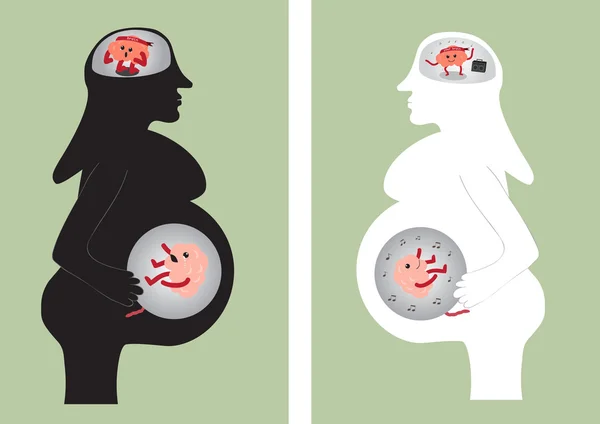 You can get out of fear and anxiety by an effort of will. After all, these feelings are nothing but the work of hormones - adrenaline and cortisol. If you keep thinking about the things that worry you, then the level of stress hormones will increase. If you decide not to think about it for a while, then the level of stress hormones in the blood will drop, and you can return to thinking about what was bothering you with a “cold” head. nine0008 Remember that your experiences are not really yours, they are hormones. Anxiety and fear have not yet helped anyone find the right solution. Even if there is a real reason for unrest, the more calmly you think about how to get out of the current situation, the more balanced and correct your decision will be.
You can get out of fear and anxiety by an effort of will. After all, these feelings are nothing but the work of hormones - adrenaline and cortisol. If you keep thinking about the things that worry you, then the level of stress hormones will increase. If you decide not to think about it for a while, then the level of stress hormones in the blood will drop, and you can return to thinking about what was bothering you with a “cold” head. nine0008 Remember that your experiences are not really yours, they are hormones. Anxiety and fear have not yet helped anyone find the right solution. Even if there is a real reason for unrest, the more calmly you think about how to get out of the current situation, the more balanced and correct your decision will be.
Physical activity very well helps to “bring out” stress hormones and return to a harmonious state. Various creative activities also help: singing, drawing, dancing, needlework, reading, listening to your favorite music, cooking, walking. nine0008 Remember that your fortune is entirely in your hands! It's up to you whether you want to get out of the anxiety or if you want to stay in it. If you don't want to, look for ways. Trainings, art therapy, working with a specialist, even just talking about your problems is already a step towards psycho-emotional health.
nine0008 Remember that your fortune is entirely in your hands! It's up to you whether you want to get out of the anxiety or if you want to stay in it. If you don't want to, look for ways. Trainings, art therapy, working with a specialist, even just talking about your problems is already a step towards psycho-emotional health.
Stress Relief Exercises
1. Autogenic relaxation by Johann Schulz. This is a technique using visual images, awareness of the body and its sensations. Relax your body by talking to it. “My left leg becomes heavy, my left arm is relaxed” and so on with all parts of the body. Then "make" your whole body warm: "My hand is getting warm, my belly is getting warm," and so on. Then "talk" to your heart: "My heart is calm." After that - with the lungs: "I breathe calmly." Focus on the warmth in the abdomen: “My solar plexus is warm,” and then on the coolness in the head: “My forehead is cool.” nine0008 2. Progressive muscle relaxation. Slowly strain and then relax each muscle group in succession, “walk” like this throughout the body.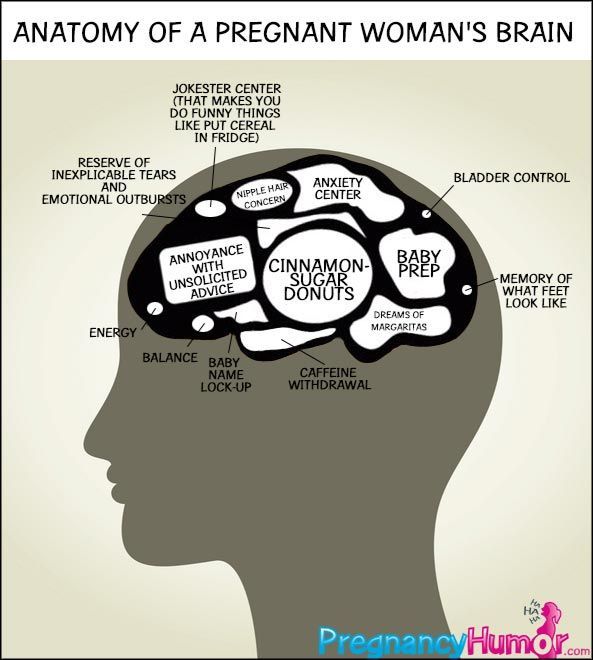 Start with the shoulders, then the stomach, arms, legs, forehead, eyes (squint), neck.
Start with the shoulders, then the stomach, arms, legs, forehead, eyes (squint), neck.
3. Visualization. Imagine that you are traveling to some calm, beautiful and completely safe place. What do you hear, what do you see? What does it smell like, what does this place feel like? The more colorful you can imagine all this, the better. nine0008 4. Breathing. Try breathing with your belly for 10-15 minutes, inhaling through your nose and exhaling through relaxed lips. Such breathing, called therapeutic breathing, helps to calm down and come to a harmonious state very well.
5. Technique of "fifth breath". Focus on the sensations in your body and imagine that you are breathing through your hands, feet, and the top of your head at the same time. Try to keep your attention on all five points at the same time, notice that when you inhale you have some sensations in these places, and others when you exhale. Do not run your attention from one point to another, namely, simultaneously feel all five.